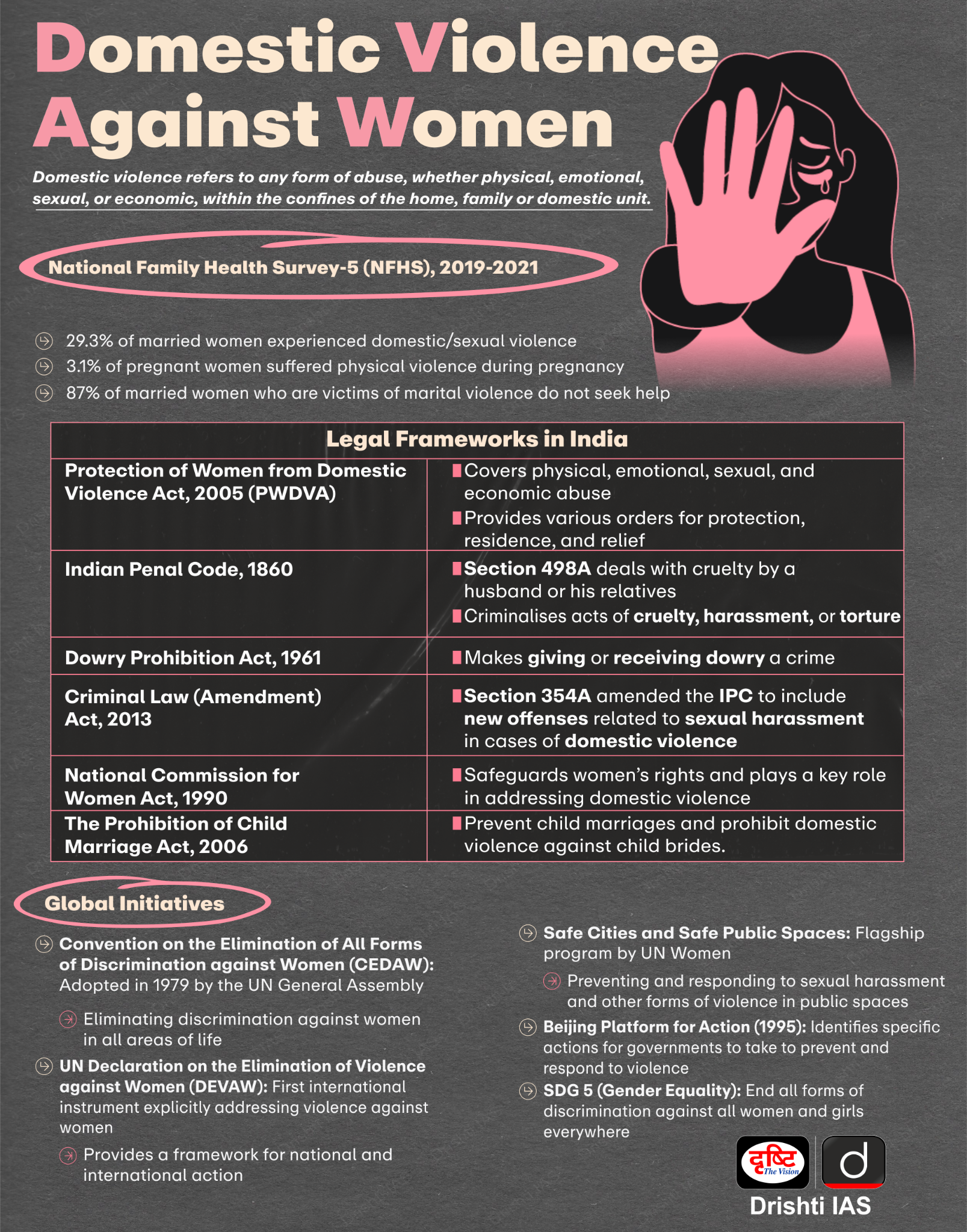Bihar
Achievement of Bihar Alcohol Ban
- 28 May 2024
- 3 min read
Why in News?
According to new research published in the Lancet Regional Health Southeast Asia journal, Bihar's alcohol ban in 2016 prevented 2.4 million cases of daily and weekly consumption, and 2.1 million cases of intimate partner violence.
- The ban is also estimated to have prevented 1.8 million men in the state from becoming overweight or obese.
Key Points
- A team of researchers, including those from The International Food Policy Research Institute, Poverty, Health and Nutrition Division, US, analysed data from national and district level health and household surveys.
- Strict alcohol regulation policies may yield significant population level health benefits for frequent drinkers and many victims of intimate partner violence.
- In April 2016, the Bihar Prohibition and Excise Act, 2016 brought about a near complete halt on the manufacture, transport, sale, and consumption of alcohol throughout the state.
- It’s strict enforcement made the ban an "attractive natural experiment to estimate the true causal impacts of a strict alcohol restriction policy on health and domestic violence outcomes".
- According to National Family Health Surveys-3, 4, and 5 before the ban, males in Bihar increased their frequent alcohol intake from 9.7 % to 15 %, while in neighbouring states, it increased from 7.2 % to 10.3 %.
- "After the ban 4.6 % points decrease in emotional violence and a 3.6 % points decrease in sexual violence have been observed.
Constitutional Provisions Related to Intoxication
- Directive Principles of State Policy (DPSP) (Article 47):
- Article 47 mentions that “in particular, the State shall endeavour to bring about prohibition of the consumption except for medicinal purposes of intoxicating drinks and of drugs which are injurious to health.”
- While DPSPs are not in themselves legally enforceable, they set goals that the state should aspire towards to establish conditions under which citizens can lead a good life.
- Thus, alcohol is seen by the Constitution and by extension, the Indian state, as an undesirable evil that needs to be regulated.
- Seventh Schedule:
- According to the Seventh Schedule of the Constitution, alcohol is a state subject, i.e., state legislatures have the right and responsibility to draft laws regarding it, including “the production, manufacture, possession, transport, purchase and sale of intoxicating liquors.”
- Thus, laws regarding alcohol differ from state to state, falling in the whole spectrum between prohibition and private sale.





